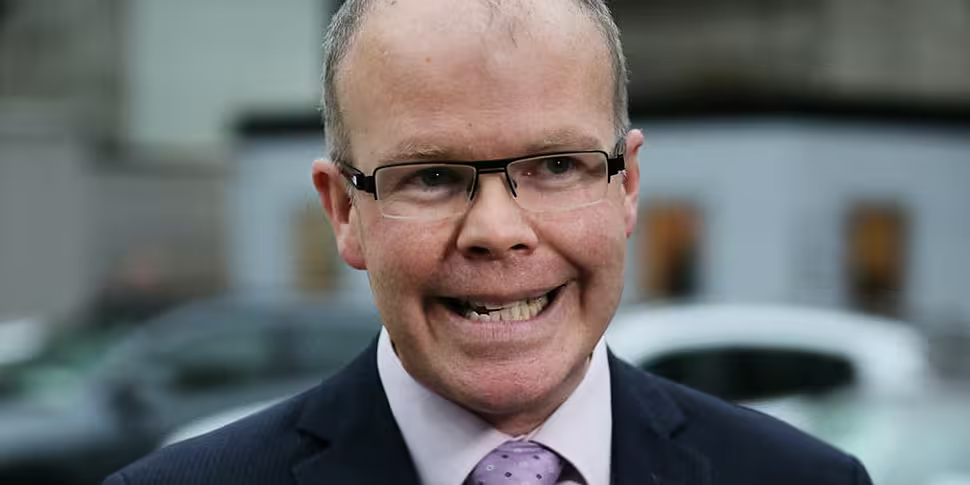The Aontú leader has rejected claims he has been pandering to the far right when it comes to immigration.
Speaking as his party launched its new immigration policy, Peadar Tóibín said it was "absolute nonsense" to suggest his stance on the issue is a far-right "dog-whistle".
On Newstalk Breakfast, Deputy Tóibín said it is "perfectly reasonable in a democratic republic to be able to have a say over who comes into the country and who doesn’t."
He said Aontú's immigration policy would deport Asylum Seekers who are deemed not to need international protection.
"There’s no doubt in my mind we need a system that quickly differentiates, so that those who don’t need help are actually removed from the country," he said.
"If a person fails the asylum process, that deportation order will be enforced.
"It won’t be a situation where a Government has a voluntary deportation system where they don’t know if a person has left the country or not.”
Community groups
Deputy Tóibín also accused the Government of being "pig-headed" when it comes to consulting with community groups on immigration.
"The Government is not consulting at all with local communities and I do believe that that is one of the most significant grievances that communities have in terms of their anger at the Government’s approach," he said.
“The Government is saying to local communities: ‘We do not trust you to consult with you, and we won’t’."
Deputy Tóibín said his party would bring in a planning process that would "give communities a say over what happens" when it comes to immigration.
He warned, however, that he is not in favour of giving communities the right to "veto" asylum seeker accommodation.
"I'm saying no to a veto at this time," Mr Tóibín said.
Coolock
Deputy Tóibín said the anti-immigration protests at the former Crown Paints factory in Coolock earlier this year were the result of Government "refusing to consult with local communities".
The unrest saw fires break out at the site and violent clashes between protesters and Gardaí.
"The Government put themselves at odds with local communities,” said Deputy Tóibín. “They found themselves in this conflict.”
This will be Deputy Tóibín's second General Election.
You can listen back here:









